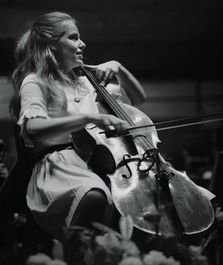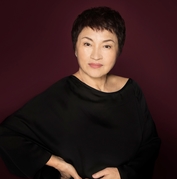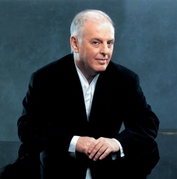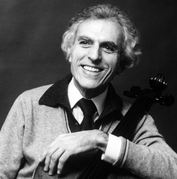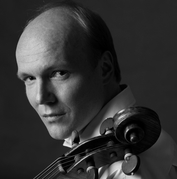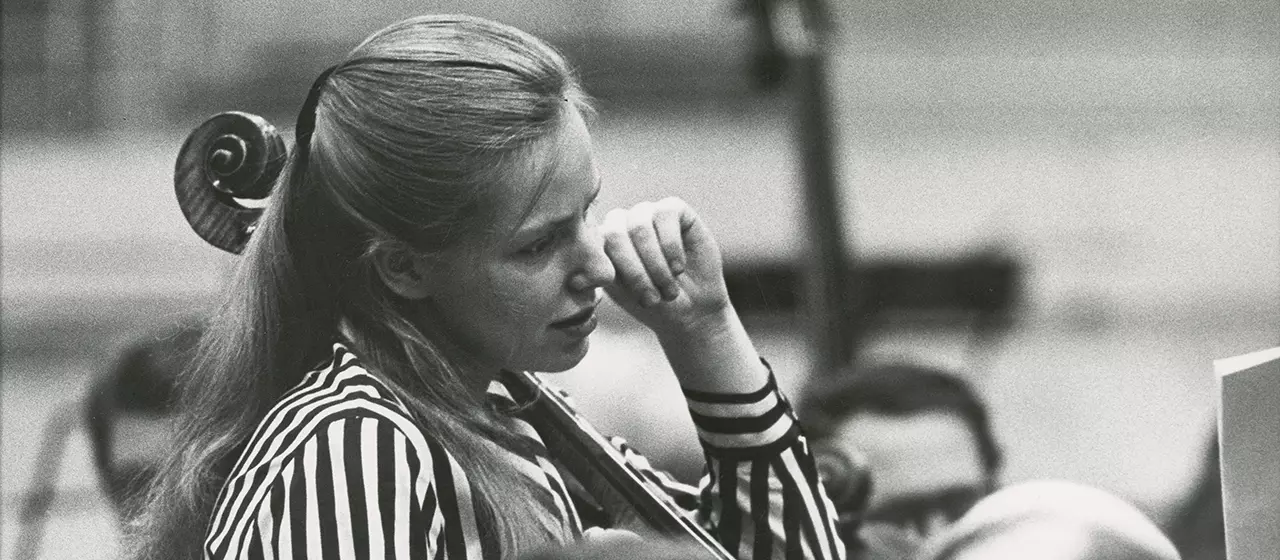
Jacqueline du Pré
Sobre nosotros
The tragedy of du Pré’s brief career is still fresh in the public memory and can be summarised here. She was born in Oxford on 26 January 1945 into a middle-class family in which music was important: her mother was a fine pianist and a gifted teacher. The French-sounding name came from her father’s Channel Islands ancestry. Just before her fifth birthday, when she was already showing musical promise, she heard the sound of a cello on the radio and the course of her life was set. She studied at Herbert Walenn’s London Violoncello School and at ten became a pupil of William Pleeth, who had himself studied with Julius Klengel. Pleeth played with a good deal of uninhibited body movement and passed this trait on to du Pré, whose total physical involvement in her playing was to endear her to audiences. She made a successful London recital début in 1961, studied with Casals in Switzerland, Tortelier in Paris and Rostropovich in Moscow with varying degrees of success – one wonders what these players could have taught such a natural musician – and gradually consolidated her reputation at home. She began recording for EMI in 1962 and by 1965, when her famous disc of the Elgar Concerto was made, she was a star. That year she made her American début and in 1967 she married the pianist and conductor Daniel Barenboim.
In July 1971, when she shoud have been at her peak, she began suffering seriously from a mysterious ailment which had already intermittently affected her playing. Eventually multiple sclerosis was diagnosed and, after a cruel series of remissions and relapses typical of that illness, in 1973 she retired. Gradually her health deteriorated, and she died in London on 19 October 1987.







